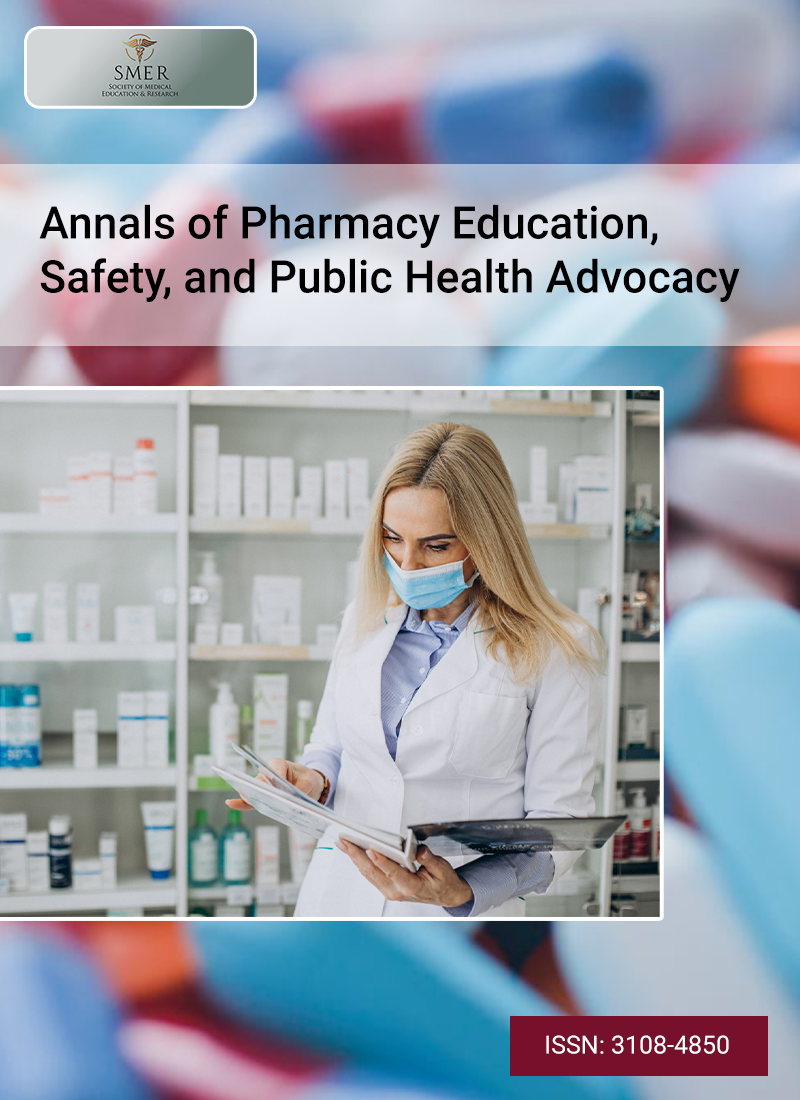
Serious games serve as safe educational environments where medical students can practice clinical skills without compromising patient safety. When combined with virtual patients through chatbots, these games provide a platform to practice medical history taking. This study explored the effect of self-directed learning, supported by a customized guideline, on history-taking performance in two different chatbot-based serious games. A total of 159 fourth-year medical students were randomly assigned to one of two serious games, both set in an emergency department but simulating different clinical cases. Each student completed the game at two time points, with a guideline provided between sessions. The two chatbots differed in interaction design: one required students to generate their own history-taking questions (free-entry). At the same time, the other offered an extensive predefined list of questions (long menu). Outcome measures included the history-taking information entered into the chatbots, scored quantitatively as a history score, as well as students’ self-reported learning outcomes. At the first measurement point, students in the free-entry chatbot condition achieved higher mean scores (85.2 ± 27.7) compared to those using the long-menu chatbot (78.8 ± 35.7). Following the introduction of the guideline, students using the long-menu chatbot showed significant improvement in their second session (t(315) = -2.918, p = .004, d = -0.229). In contrast, no significant progress was observed in the free-entry group. Self-assessment results revealed no significant differences between the two game formats. Findings indicate that history-taking performance improves through self-directed learning in a long-menu chatbot setting, which relies on cued recall, but not in a free-entry chatbot that depends on free recall. Given that serious games represent partially artificial environments for training clinical history taking, future research should investigate how effectively students can transfer these skills to real-world clinical practice.